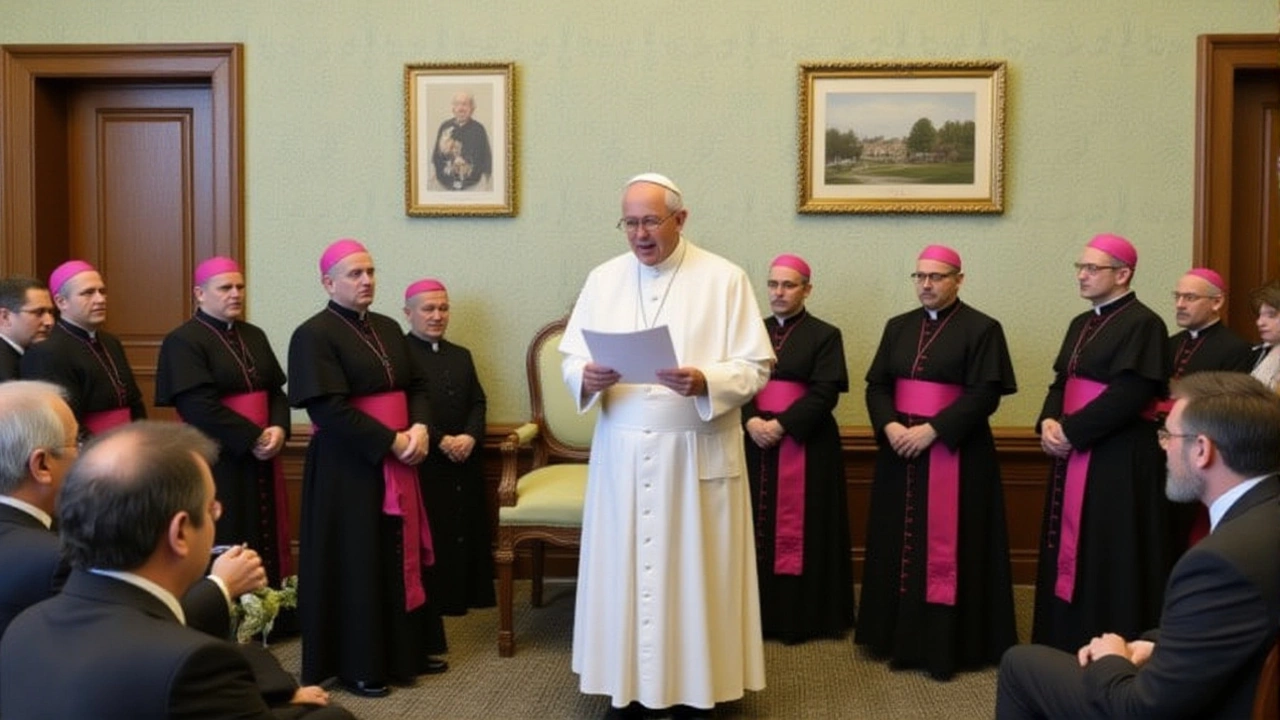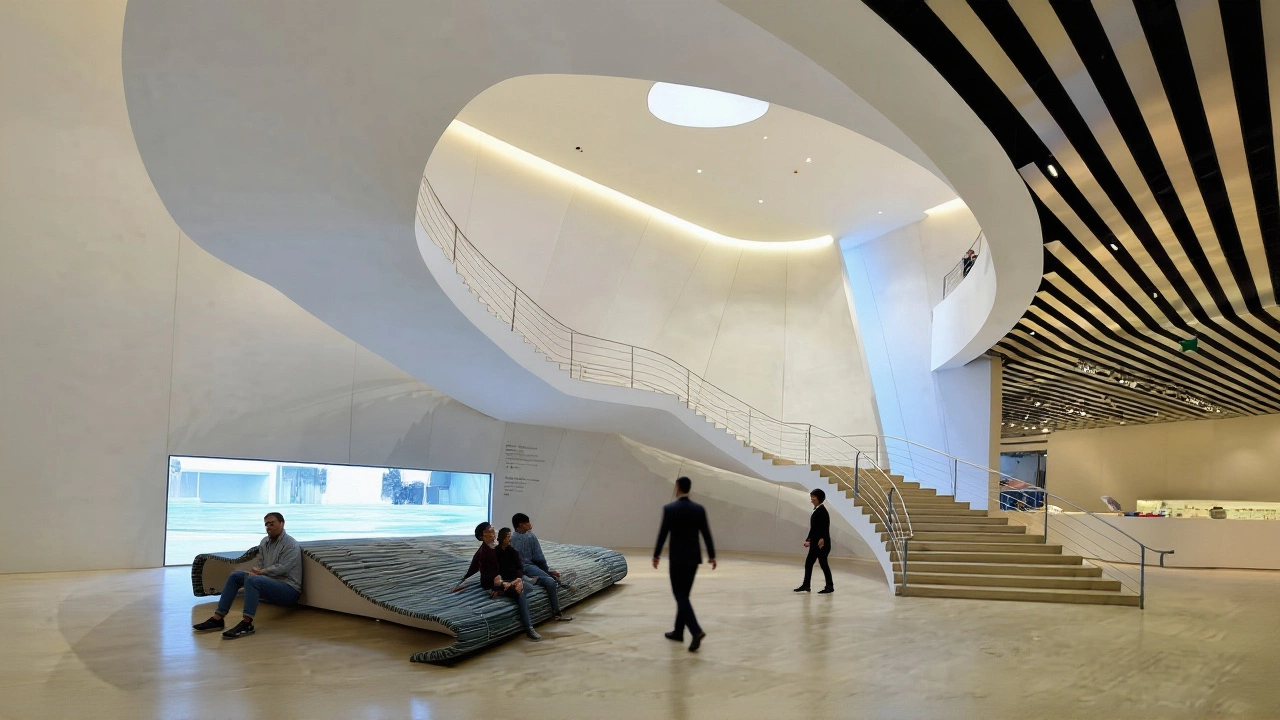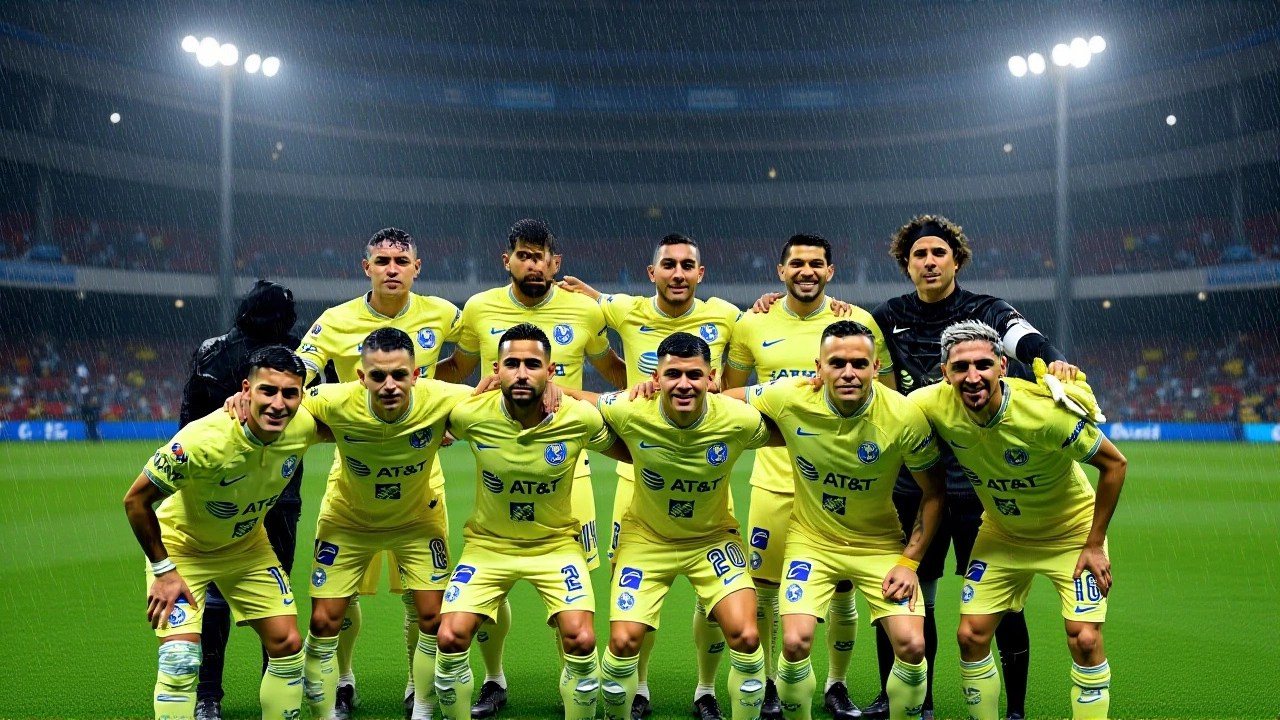
When Pope Francis, Pope of the Catholic Church addressed delegates at the International Congress on the Puebla ConferenceVatican City on October 3, 2019, the gathering marked the 40th anniversary of the historic 1979 Puebla Conference that reshaped Catholicism across Latin America.
The three‑day congress ran from October 2 to October 4 in the Consistory Hall of the Vatican, a joint effort of the Pontifical Committee for Historical Sciences and the Pontifical Commission for Latin America. Its president, Monsignor Bernard Ardura, welcomed participants and highlighted the scholarly ambition behind the event.
Historical background of the 1979 Puebla Conference
The original conference, officially titled the Third General Conference of the Latin American Episcopate, convened in Puebla de los Ángeles, Mexico, from March 12–18, 1979. It was called by Pope Paul VI and inaugurated by Pope John Paul II during his first apostolic journey to the continent. The gathering occurred at the height of liberation theology—a movement launched in the early 1970s by theologians such as Gustavo Gutiérrez, Ignacio Ellacuría and Leonardo Boff.
Its final documents urged bishops to adopt a "preferential option for the poor" and to confront the political oppression prevalent under numerous military dictatorships. While the conference sparked hope, it also attracted criticism from Rome for perceived Marxist overtones.
Details of the 2019 International Congress
Twenty scholars and church officials from ten countries—Italy, England, Spain, Mexico, Peru, Chile, Argentina, Uruguay, Brazil, and the Vatican—sat on the program. Among them, Josep Ignasi Saranyana, professor emeritus at the University of Navarra and academician of the Royal Academy of History, presented a paper titled “Del Documento de Trabajo a las Conclusiones de Puebla,” tracing the drafting process of the 1979 working documents.
The congress examined three main strands: historical memory, theological legacy, and contemporary pastoral challenges. Sessions covered human‑rights abuses, socioeconomic inequality, migration flows, and the demographic shift toward a younger, urbanized Catholic populace.
- October 2 – Opening plenary and archival exhibition
- October 3 – Pope Francis' address and thematic panels
- October 4 – Closing reflections and future‑action proposals
Pope Francis’ personal connection and remarks
In a moment that blended scholarship with memoir, Francis disclosed that he was the Provincial of the Society of Jesus in Argentina during the Puebla era. "If you will allow me some personal memories, I followed the intense and passionate process of preparation for that third conference," he said.
He framed Puebla as the theological bridge to the 2007 Aparecida Conference in Brazil, stating, "It may be said that Puebla laid the foundations and opened the way to Aparecida." The pontiff also praised Ardura and the organizing bodies, adding, "I thank Bernard Ardura for his kind words and congratulate the Committee and the Commission for Latin America for commemorating this milestone in Rome."
Yet Francis warned against nostalgic reverence alone. "We must not only look back but project the lessons forward to our ecclesial days," he urged, hinting that the Church’s mission in Latin America must adapt to new political realities and digital evangelization.

Contemporary challenges addressed
The congress tackled a suite of pressing issues. Human‑rights advocates highlighted ongoing violence against journalists and indigenous activists in Mexico and Colombia. Economists warned that pandemic‑exacerbated inequality could erode the Church’s credibility if pastoral outreach does not evolve.
Demographically, the region’s 480 million Catholics now span 20 countries and territories, with an increasing proportion under 30. This youth bulge, participants argued, demands innovative liturgy, social media engagement, and a stronger emphasis on environmental stewardship—echoing Pope Francis’ 2015 encyclical *Laudato Si’*.
Implications for the Latin American Church
Scholars left the congress convinced that Puebla’s call for a preferential option for the poor still resonates, but its expression must shift. As one Brazilian bishop noted, "The poor of 1979 were victims of outright repression; today they grapple with climate change and gig‑economy precarity. Our response must be both prophetic and practical."
The event also revitalized interest in the unpublished Vatican archives related to liberation theology, which could yield fresh perspectives on how the Church balanced social teaching with political caution.

Looking ahead: next steps
Organizers pledged to produce a "Puebla‑Aparecida Roadmap" outlining concrete actions for dioceses: expanded social‑justice programs, increased lay leadership training, and a continental network for sharing best practices. The roadmap is slated for release in early 2020, coinciding with the anniversary of the 2015 *Laudato Si’* conference in Assisi.
Francis concluded his address by inviting all present to pray for “the courage to turn memory into a living, breathing commitment to the dignity of every human being.” The congress, therefore, stands not merely as a commemorative ceremony but as a strategic pivot point for the Church’s future in a turbulent Latin America.
Key Facts
- Event: International Congress on the Puebla Conference (Oct 2‑4, 2019)
- Location: Consistory Hall, Vatican City
- Primary organizers: Pontifical Committee for Historical Sciences & Pontifical Commission for Latin America
- Key speakers: 20 scholars from 10 nations, including Josep Ignasi Saranyana
- Historical tie: 40 years since the 1979 Puebla Conference that sparked liberation theology
Frequently Asked Questions
What was the original purpose of the 1979 Puebla Conference?
The 1979 Puebla Conference aimed to articulate a pastoral response to widespread poverty and political oppression in Latin America, introducing the “preferential option for the poor” and encouraging bishops to engage more directly with social‑justice issues.
How did Pope Francis’ experience as a Jesuit provincial influence his remarks?
Having overseen Jesuit ministries in Argentina during the tumultuous 1970s, Francis witnessed firsthand the clash between liberation theology and authoritarian regimes, which gave him a personal lens to stress both memory and forward‑looking action at the congress.
Why is the Puebla Conference still relevant for today’s Catholic Church?
Its core call for solidarity with the marginalized resonates amid contemporary challenges like migration, climate change, and economic inequality. The Church sees Puebla as a theological foundation to address modern social crises.
What concrete outcomes are expected from the 2019 Congress?
Participants plan to publish a “Puebla‑Aparecida Roadmap,” launch a continental network for social‑justice initiatives, and open Vatican archives related to liberation theology for scholarly research.
How does the Congress address the youth demographic in Latin America?
Speakers highlighted the need for digital evangelization, lay‑led liturgies, and environmental advocacy to resonate with the region’s growing number of Catholics under 30, echoing themes from Pope Francis’ *Laudato Si’*.